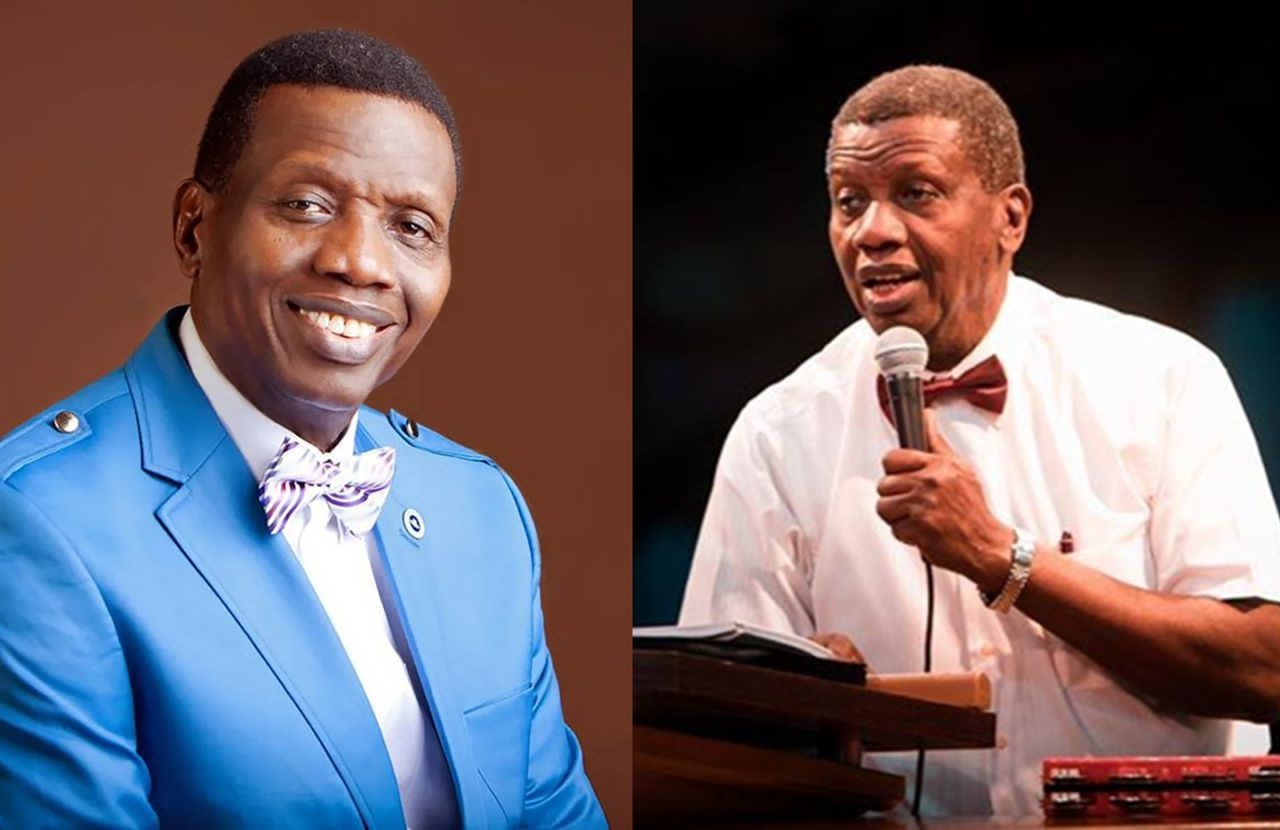
“God Loves Me Regardless” – Bobrisky Declares Divine Favor Amidst Critics

In a world where public figures constantly walk the tightrope between self-expression and societal expectations, Nigerian internet sensation and controversial socialite, Bobrisky, has once again sparked conversation—this time not with a glamorous transformation or viral clapback, but with a heartfelt confession of faith. Taking to her verified X (formerly Twitter) page, Bobrisky wrote, “I might not attend church weekly! But I know God loves me so much. He gives everything I ask him and I won't stop blessing people from what he's providing for me regardless [of] what people think of me.”
With this simple but striking statement, Bobrisky has reignited the age-old debate of faith versus religion, spirituality versus tradition, and societal perception versus personal conviction. In an environment where her every move is dissected, criticized, and turned into controversy, this declaration stands out not for its flamboyance but for its raw, personal authenticity. Coming from someone who has built a career and brand on the bold, the outrageous, and the unfiltered, the message is nothing short of soul-baring.
Bobrisky, whose real name is Okuneye Idris Olanrewaju, has long stood as a lightning rod for public opinion in Nigeria. From her gender identity and flamboyant lifestyle to her never-ending list of online feuds and unapologetic clapbacks, she’s never shied away from the spotlight. Yet behind the makeup, filters, designer bags, and luxury posts, lies a person who—by her own admission—leans on divine provision, divine favor, and divine love.
In her tweet, she emphasizes that church attendance may not be part of her weekly schedule, but her spiritual connection with God is alive, powerful, and fruitful. “He gives everything I ask him,” she writes, highlighting what she believes is evidence of a strong spiritual relationship rooted in answered prayers and divine blessings. The assertion challenges traditional narratives that measure faith by physical devotion, particularly within Nigerian religious circles where church attendance is often equated with spirituality.
As expected, reactions have been pouring in. Some social media users applauded her honesty, calling her message “relatable” and “refreshing” in a time when people are often shamed for not performing religion in publicly accepted ways. Others weren’t as charitable, accusing her of blasphemy, hypocrisy, or using religion as a shield for a lifestyle they deem unorthodox.
But Bobrisky, true to form, remains unmoved by the noise. “I won’t stop blessing people from what He’s providing for me,” she added, a nod to her reputation for generosity. Over the years, she has become known not just for luxury and drama, but also for her philanthropic efforts—regularly gifting money to fans, paying bills, and offering financial assistance to those in need. Whether it's paying hospital bills for sick children, sponsoring education, or simply doling out thousands of naira in giveaway sprees, Bobrisky’s charitable actions have earned her as much praise as her controversies have earned her condemnation.
In a country grappling with poverty, inflation, and inequality, her generosity resonates, especially among her fan base—the often marginalized, the struggling youth, the hopeful hustlers who see her as proof that life can change overnight. For these people, Bobrisky isn’t just an influencer. She’s an icon of survival and self-determination. And to hear her attribute her success not to luck or talent alone, but to God, adds a spiritual layer to her public image.
Still, the divide remains. For more conservative Nigerians, the idea of someone like Bobrisky—whose gender expression and open defiance of social norms are often seen as provocations—claiming God’s favor seems not only contradictory but offensive. To them, religion is a club with strict entry rules, and Bobrisky’s entire life seems like a violation of those codes. But that’s precisely what makes her tweet so provocative. It forces the uncomfortable question: who decides who God blesses?
Bobrisky’s declaration brings to mind similar sentiments from other public figures who have defied convention yet clung tightly to their spirituality. In an era where the definition of faith is evolving, and younger generations are finding new ways to connect with the divine outside the confines of organized religion, her statement strikes a cultural nerve. It taps into a rising narrative: that God is more interested in the heart than the habit, more concerned with compassion than church pews.
Her post also arrives in a time when Nigeria is witnessing a rise in faith-based conversations across all platforms—from gospel artists dominating charts to pastors trending for controversial sermons. Everyone, it seems, is grappling with the idea of divine favor and how it manifests in a world that is constantly changing. Bobrisky's stance—that God's love is independent of religious rituals—may be polarizing, but it is far from isolated.
She isn't preaching, just sharing her truth. And for a woman who has been vilified, judged, ridiculed, and banned from countries and platforms simply for existing authentically, the assurance of divine love offers something no amount of money, fame, or public validation can give—peace.
Love her or loathe her, Bobrisky is not going away. Her influence stretches beyond entertainment into the realms of social commentary, cultural evolution, and yes, spiritual disruption. With one tweet, she reminds the world that spirituality doesn’t always look like what we expect—and that sometimes, the people we least expect to call on God are the ones who do it most earnestly.
Whether this will mellow her critics or incite another round of condemnation remains to be seen. But if history is any guide, Bobrisky will continue to walk her path unapologetically, one tweet, one transformation, one blessing at a time.
In the end, perhaps that’s her true message—not just that God loves her, but that His love is not up for public debate.


